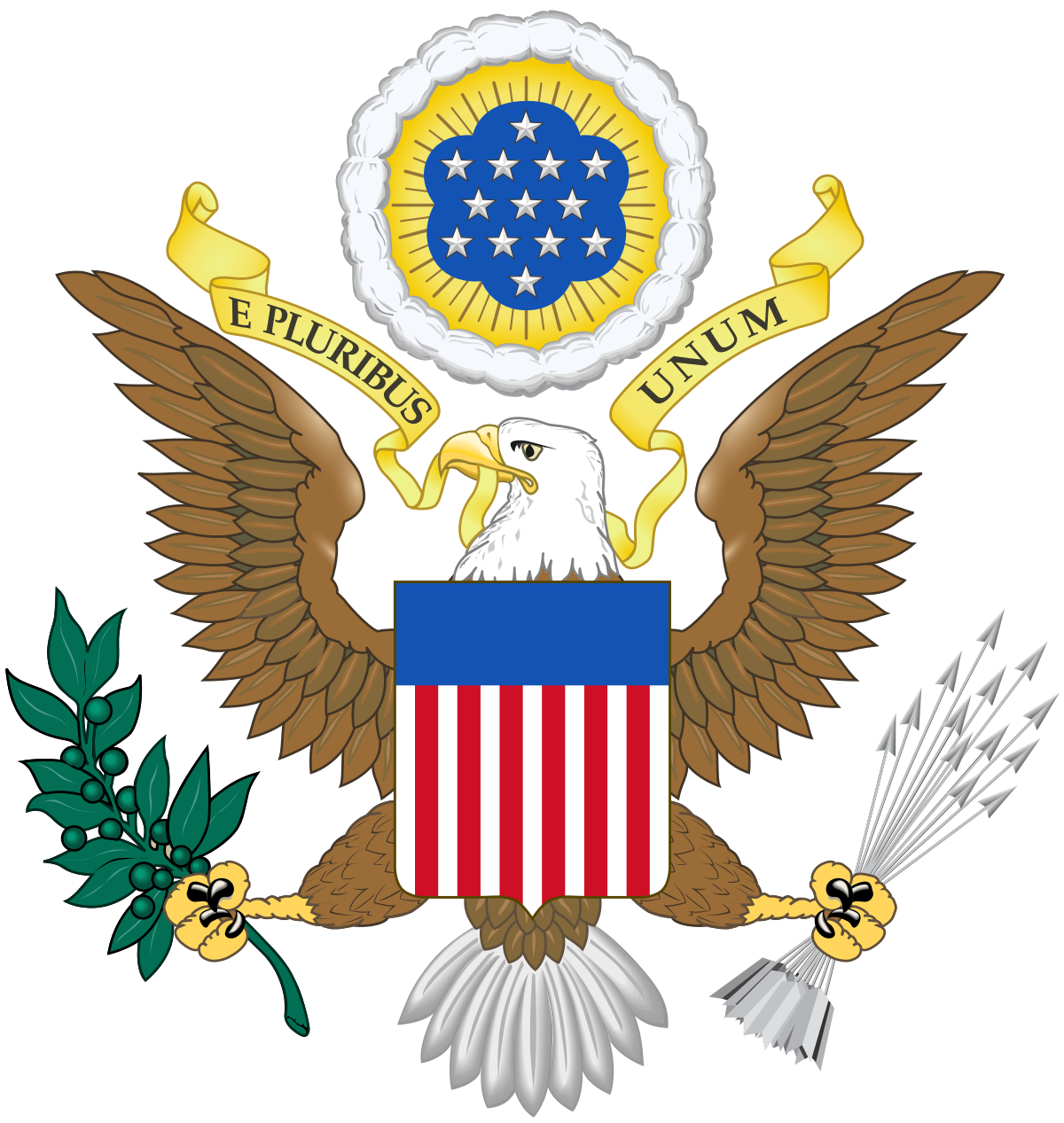It kind of does man. Trump and his base of worshippers because lets face facts he is seen by them as a god at this point. I don't doubt some votes were misplaced. That sort of thing happens. But in order for Trump to win he would need some major help. This is like the Moon Landings being faked levels of tinfoil hat stuff.
I would dispute the "as a god" part, he certainly has a certain cult of personality but let's try to be reasonable in describing it.
As for the actual fraud claim, I would say there are two different arguments being made, and that many people will mix up the two or not clearly articulate them.
The first version, and the one that has intentionally been magnified by the left, is that the entire election was totally fraudulent and that if you actually counted all the votes that were legally cast by registered, legal voters, that Trump would have won and the only reason the tally said Biden did was [reasons]. I don't find that case compelling, but I think if you're being fair-minded it's hard to deny that if there was ever an election the democrats would go all in to win, by any means legal or otherwise, it would be this one, given their generally deranged behavior over the past 4 years, and that fact alone gives this theory a lot of staying power regardless of it's actual motives (like, if you argued that actually they cheated to get Obama past the finish line against Romney, people wouldn't buy that for a moment).
The second, and much stronger version, is that while the actual vote tally was probably mostly legit (Chicago still exists, after all) the dems did everything they could to tilt it in Biden's favor and under normal rules, where states weren't spamming out mail in ballots to everyone regardless of if they'd asked for one, working with various parties to "fortify" the election (to use the memorably turn of phrase from that time magazine article), the press wasn't openly working to help Biden get elected, etc, Biden might not have won.
What effect would striking down the entire statute have had in this specific case?
You'd have to look up the exact law in question to know, I have not read it as it's not really relevant in terms of the court's actions.
Also, by your logic, if some Republican US state legislature wants to close half of the polling places in heavily Democratic areas in order to save money, then courts should not overturn this ruling because this is an action of a US state legislature involving a US presidential election, right?
Presuming it's a legally valid policy change, yes (States control elections, but their laws governing elections must still be legal under their state constitution and the US constitution). The courts have repeatedly ruled that certain questions and issues related to blatant partisanship and rigging the field in their favor are not juridically addressable, they are fundamentally political matters and not judicial ones (gerrymandering being the go-to example).
Any state that makes it harder to vote in a presidential election should have the leaders of that state looked into. Because such an act is interfering with the people's right to vote. The fact we can vote is a gift. We must be willing to fight for that right to not be attacked by anybody.
Question, why do you think it's a net positive to have more people voting? Why should the default be "easier" rather than "harder"?


